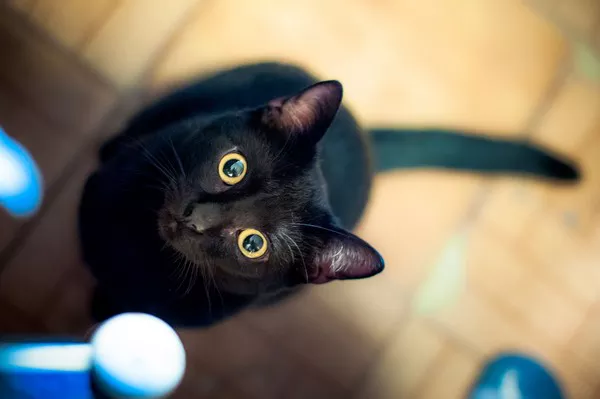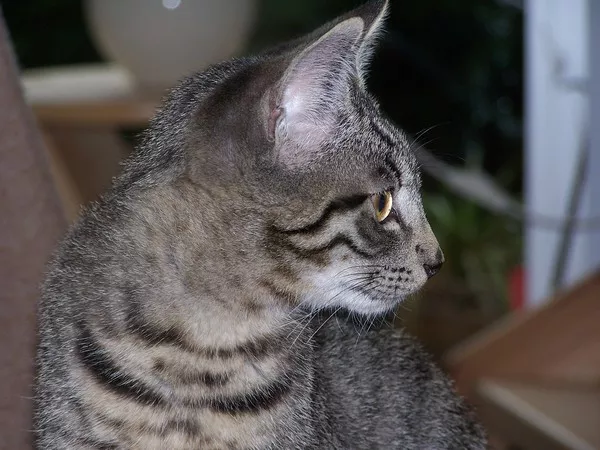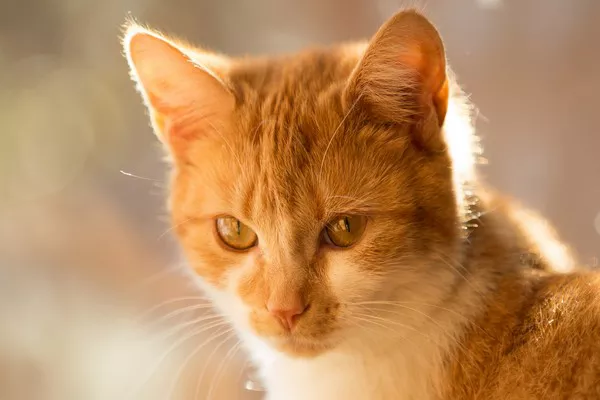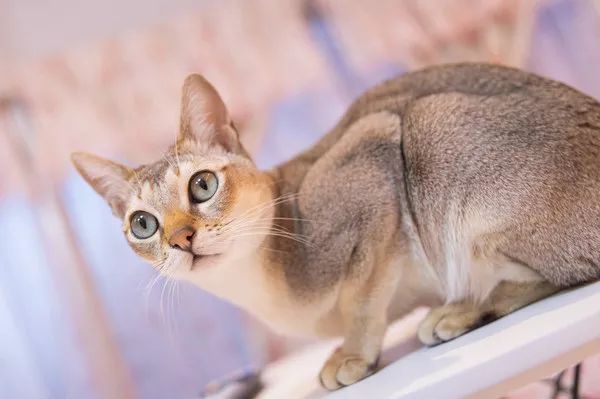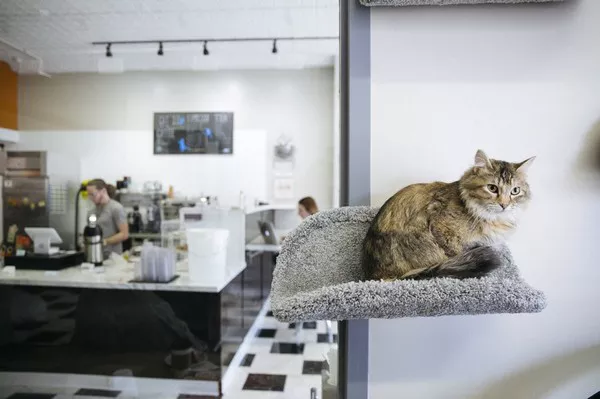Cats, often known for their independent nature and sometimes finicky eating habits, can exhibit changes in behavior when placed in unfamiliar environments, such as during boarding. One common issue that many cat owners face is their pet’s loss of appetite while staying at a boarding facility. This can be distressing for both the cat and the owner, especially since cats require consistent nutrition to maintain their health. In this essay, we will explore the various reasons why a cat might stop eating while boarding, discuss the potential health implications, and provide practical solutions to help your feline friend feel more comfortable and eat well during their stay.
Environmental Stress and Anxiety
One of the primary reasons a cat may not eat while boarding is environmental stress and anxiety. Cats are highly sensitive to their surroundings and can become stressed when removed from their familiar home environment. The unfamiliar sights, sounds, and smells of a boarding facility can trigger anxiety, leading to a loss of appetite. Additionally, the presence of other animals, even if they are not directly interacting, can cause stress. Cats are territorial creatures, and the proximity to other cats or animals can make them feel threatened or uncomfortable, further reducing their desire to eat.
Signs of Stress and Anxiety:
Hiding or seeking out secluded areas
Excessive grooming or self-mutilation
Changes in litter box behavior (e.g., urinating outside the box)
Vocalization (meowing or yowling) more than usual
Lack of interest in toys or playtime
Mitigating Stress:
Familiar Items: Bringing along items that carry your cat’s scent, such as a blanket or toy, can provide comfort and familiarity.
Calming Aids: Consider using calming aids like pheromone sprays (e.g., Feliway) or natural supplements (e.g., chamomile, valerian root) to help reduce anxiety.
Quiet Environment: Request a quieter area of the boarding facility for your cat, away from noisy areas or other animals.
Regular Check-ins: If possible, arrange for regular check-ins with the staff to monitor your cat’s behavior and ensure they are receiving adequate attention and care.
Dietary Changes and Preferences
Another significant factor that can affect a cat’s appetite during boarding is dietary changes and preferences. Cats are known for being particular about their food, and a change in diet can lead to a loss of appetite. Boarding facilities often provide a standard diet that may differ from what your cat is used to at home. Even minor differences in the type, texture, or flavor of food can deter a cat from eating.
Common Dietary Issues:
Different Food Brands: Cats may refuse to eat if the food brand or type is different from what they are accustomed to.
Feeding Schedule: Changes in feeding times or routines can also disrupt a cat’s appetite.
Water Quality: The taste and quality of water can vary between locations, which may affect your cat’s willingness to drink and, consequently, their overall hydration and appetite.
Solutions for Dietary Issues:
Bring Familiar Food: If possible, bring a supply of your cat’s usual food from home to ensure consistency.
Gradual Transition: If a different diet is necessary, gradually transition your cat to the new food over several days before boarding to minimize shock.
Fresh Water: Ensure that fresh, clean water is always available, and consider bringing a water bowl from home to maintain familiarity.
Treats and Temptations: Offer treats or high-value foods to entice your cat to eat, but avoid overfeeding or creating new dietary issues.
Health Concerns
While environmental and dietary factors are common causes of a cat’s loss of appetite during boarding, it’s essential to rule out any underlying health concerns. Cats are masters at hiding illness, and a sudden change in appetite can be an early sign of a health problem. Some conditions that can cause a loss of appetite include:
Gastrointestinal Issues: Conditions such as gastritis, inflammatory bowel disease, or gastrointestinal blockages can lead to nausea and a lack of appetite.
Dental Problems: Pain or discomfort from dental issues, such as tooth decay or gum disease, can make eating difficult and painful.
Infections: Viral or bacterial infections, including upper respiratory infections, can affect a cat’s appetite.
Chronic Conditions: Cats with chronic conditions like kidney disease, hyperthyroidism, or diabetes may experience fluctuations in appetite, especially when stressed.
Monitoring and Early Intervention:
Regular Vet Check-ups: Ensure your cat has a recent veterinary check-up before boarding to identify and address any health issues.
Communication with Staff: Maintain open communication with the boarding facility staff to monitor your cat’s health and behavior. Report any signs of illness promptly.
Emergency Plan: Have a plan in place for emergency veterinary care, including contact information for a local vet and any necessary medical records.
Behavioral Factors
Behavioral factors can also contribute to a cat’s loss of appetite during boarding. Cats are creatures of habit and routine, and disruptions to their daily life can lead to behavioral changes. For example, a cat that is used to being fed at specific times or in a certain way may refuse to eat if these routines are altered. Additionally, the absence of the owner and the lack of familiar interactions can cause emotional distress, leading to a decreased appetite.
Behavioral Strategies:
Consistent Routines: Work with the boarding facility to establish a feeding schedule that closely mirrors your cat’s routine at home.
Interactive Feeding: Use puzzle feeders or interactive toys to make mealtime more engaging and stimulating.
Positive Reinforcement: Reward your cat with praise, treats, or playtime to create positive associations with eating.
Comfort Zones: Create a comfortable and cozy space for your cat, with a soft bed, familiar scents, and a quiet area for resting.
Practical Tips for Owners
To help your cat adjust to boarding and maintain a healthy appetite, consider the following practical tips:
Pre-Boarding Preparation:
Gradually acclimate your cat to the idea of boarding by introducing them to short stays or overnight visits.
Practice leaving your cat alone for extended periods to build their independence and confidence.
Ensure all necessary vaccinations and health checks are up to date.
Choosing the Right Boarding Facility:
Research and visit potential boarding facilities to assess their cleanliness, staff expertise, and overall environment.
Look for facilities that offer individualized care and can cater to your cat’s specific needs.
Ask about the facility’s policies on feeding, exercise, and handling to ensure they align with your cat’s preferences.
Communication and Documentation:
Provide detailed instructions to the boarding facility staff, including your cat’s feeding schedule, favorite foods, and any special requirements.
Share any relevant medical history or ongoing treatments to ensure your cat receives appropriate care.
Leave emergency contact information and a list of trusted veterinarians in case of an urgent situation.
Post-Boarding Care:
Monitor your cat’s behavior and appetite closely after they return home.
Gradually reintroduce them to their normal routine and environment to minimize stress.
Schedule a follow-up veterinary visit if you notice any persistent changes in behavior or health.
Conclusion
A cat’s loss of appetite while boarding can be a complex issue influenced by environmental stress, dietary changes, health concerns, and behavioral factors. By understanding these factors and taking proactive steps to mitigate them, you can help your feline friend feel more comfortable and maintain a healthy appetite during their stay. Open communication with the boarding facility staff, careful preparation, and a focus on your cat’s well-being are key to ensuring a positive boarding experience. Remember, a little extra effort and attention can go a long way in keeping your cat happy and healthy, even when they’re away from home.




